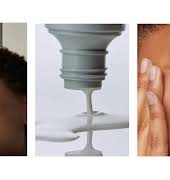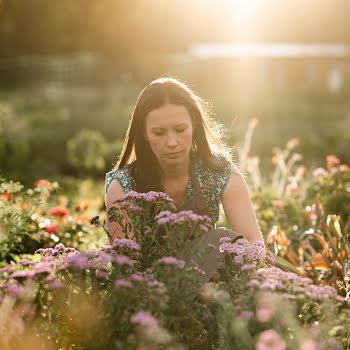
By Amanda Cassidy
08th May 2019
08th May 2019
What do you remember? What sticks out in your childhood? Well, it turns out that those of us with fond memories, particularly of good relationships with parents, tend to have better health and less depression as older adults
Memory is a funny thing. It distorts as we age, like a kaleidoscope of moments bleeding into one another; red, blue and green fragments that trigger the past. The strangest things jog our minds – the smell of Polo Sport catapults me back to my 16-year-old self with her fluffy hair and choker obsession. That first gulp of hot chocolate always reminds me of going for creamy eclairs with my mum in the cafe near our house. I must have been only five, but the novelty of those visits tips me into a soft nostalgia. Another memory, more mundane now, of a hand wiggling in the supermarket. Those open fingers waiting for me to grab them – an anchor among the chaos of vegetables and silver trolleys.
Happiness was in my DNA
I’m lucky that my childhood was a series of lovely events, made even lovelier by the efforts my parents made – green colouring in the 7-up on St Patrick’s day, Sunday trips to the forest for picnics and being taught to ride my bike in the squirrel-filled park next to our house. No matter how topsy-turvey my life became (and life tends to be pretty damn choppy at times) I always felt grounded by my happy childhood – as if proof that joy was embedded deep inside.
Sliver of happiness
During times of grief or upset, I was always aware that no matter how bad things might be, a sliver of happiness was in my DNA. I always knew how to claw my way back to happy. No matter what.
And it turns out that I was right.
Related: Who has time for peaceful parenting?
In a study published in Health Psychology, the American Psychological Association found that memory plays a huge part in how we make sense of the world. William Chopik PhD from Michigan State University who carried out the research says we are massively shaped by our early years. “There are lots of different ways that our memories of the past can guide us. It helps us organise our past experiences and how we judge how we should act in the future.
“We found that good memories seem to have a positive effect on health and well-being, possibly through the ways that they reduce stress or help us maintain healthy choices in life.” The idea is that those who have more positive memories have lower substance use, less depression and better personal relationships.”

Take me back
One might imagine that childhood memories should matter less and less over time but the study found that these memories still predicted better physical and mental health even when people were middle-aged.
Another interesting part of the study was that there was a stronger association in those who reported a more loving relationship with their mothers. (This is likely to change because times have changed and mothers are no longer the only solid caregiver a child has in their lives.)
I often wonder if my own children will remember me shouting, barking instructions and giving out
But there is more pressure than ever to be the chief memory-maker for my family. A big job that now falls on my shoulders. I often wonder if my own children will remember me shouting, barking instructions, giving out…I’d like to think they will remember the moments where I go all out, doing voices in the storybook, hanging individual chocolates on the Christmas tree, the nightly back-scratch.
I have a feeling, like my own experience, that theirs will be a colourful blur of mostly happy moments, hard to pinpoint but intrinsically present.
I know this because I will make it so. And like me, someday they will be get sidelined by a tiny fragment of a memory, the appearance of a gentle hand when they need it most – a safety net in their subconscious that steadies them, out of the blue.
Read more: One mother’s mantra
Read more: Kids and online privacy























